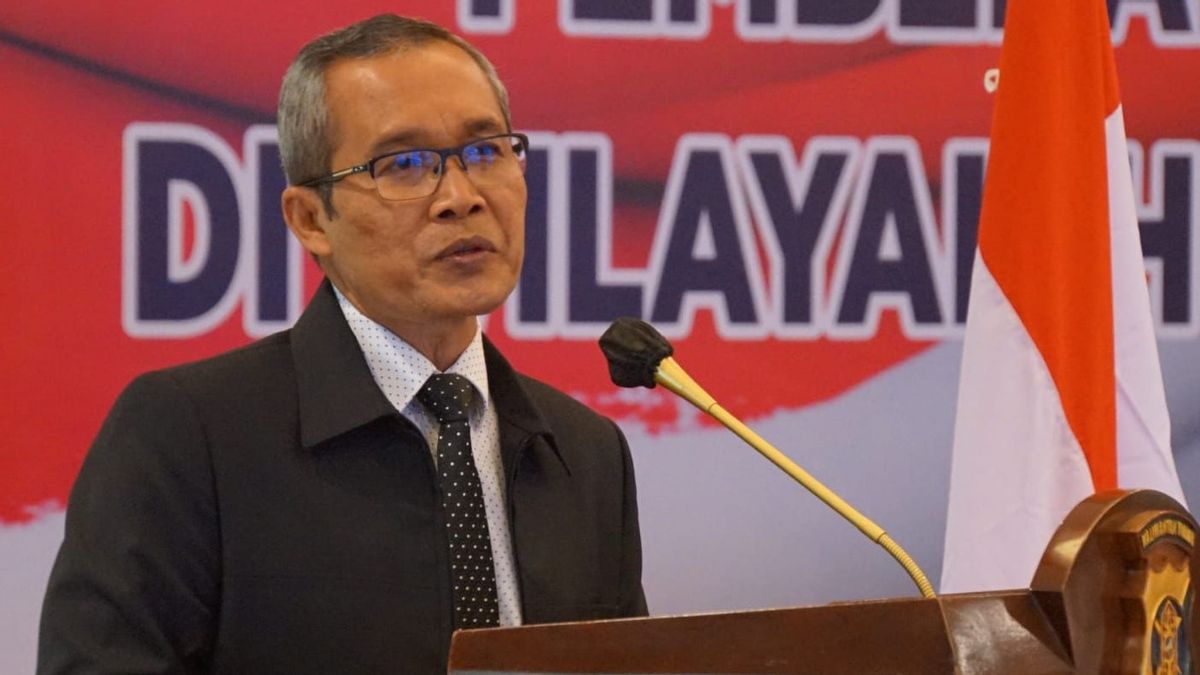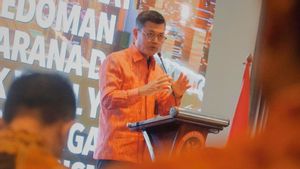JAKARTA - Deputy Chairman of the Corruption Eradication Commission (KPK) Alexander Marwata assessed that the investigators should be able to calculate state losses according to the decision of the Constitutional Court. The goal is to accelerate the handling of corruption cases.
This was conveyed by Alex before the Head of the Regional Police, the Head of the High Prosecutor's Office, the Head of the High Court, the Head of the BPK, and the Head of the BPKP and their staff in the East Kalimantan region in the Coordination Meeting (Rakor) for the Integrated Corruption Eradication.
"To overcome the slow process of calculating state losses by BPK and BPKP, investigators should be able to do the calculation themselves based on the Constitutional Court's decision," Alexander said, quoted from his written statement, Tuesday, March 8.
Alexander said whether there was a loss in state finances was something that had to be proven in handling corruption cases that were charged with using Article 2 and Article 3 of the Anti-Corruption Law.
However, the calculations carried out by the BPK and BPKP are not in the realm of corruption but in the state treasury. This is because the results of the calculation have not actually shown who paid the losses or they are not yet concrete and individual.
With this condition, in the end, it is the judge who still determines whether or not there is a loss to the state. So, Alexander said, this often slows down the process of handling corruption cases.
"What we hope from the examination of state financial losses is that it does not have to be from the state auditor, so that the handling of corruption cases is fast, not more than one year," he said.
Even so, Alexander stressed the need for the competence of investigators in calculating state financial losses. So that the case can run smoothly, without having to rely on an investigative audit from the BPK or BPKP.
Furthermore, in the context of implementing the coordination and monitoring function of the KPK, Alexander asked law enforcement officers and regional inspectors to prevent corrupt practices that occurred in their respective regions.
For this reason, Alexander asked APH to play a more active role in monitoring to prevent corruption, especially in the process of procurement of goods and services that are vulnerable.
"Prevention of corruption from an early age is more effective in saving state financial losses, compared to after the occurrence of corruption," he concluded.
The English, Chinese, Japanese, Arabic, and French versions are automatically generated by the AI. So there may still be inaccuracies in translating, please always see Indonesian as our main language. (system supported by DigitalSiber.id)













